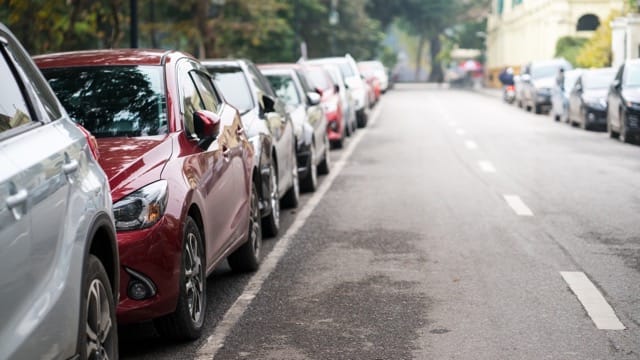It’s being described as a change in consumer purchasing behaviour as users rush to take advantage of previously untapped resources. This emerging market is being stitched together with a patchwork of new regulations and desperately trying to cope with its own rapid expansion. This market, of course, is the sharing economy.
The majority of users undergoing this transition can be segmented into either Providers or Consumers, and it’s the ratio between them that’s resulting in 64% growth in some sectors of the sharing economy. The gap between Providers and Consumers represents a new opportunity for sharing economy participants.
The value of any sharing economy marketplace is in the strength of its network, how users interact and the value each stakeholder brings. Every sector of the sharing economy is experiencing growth and in 2014, the market was valued at US$15 billion and is forecast to hit US$335 billion by 2025.
This rapid pace of growth has been facilitated by new technologies and the value they offer to the various stakeholders. For now, Consumers can save, but Providers can potentially make fortunes.
When surveyed, 20% of people say they have participated in the sharing economy as a Consumer, however, only 7% say they have participated as a Provider. The disconnect between the ratio of Providers to Consumers represents an opportunity for individuals with the ability to supply to capitalize on an emerging market.
Most people are familiar with the success stories of Airbnb and how hosts have made fortunes from a relatively small number of accommodations. But people are less aware of the success stories in other sections of the sharing economy and how they can also profit. This rapidly evolving industry is set to disrupt everything from how children share toys, to how new homeowners get access to mortgages and finance. Technology means that resources that previously would have had no economic value can now be grouped together and redistributed through new networks. As one Kerb user put it, “We’re collecting crumbs to make a cake”.
So, how can individuals make money from the sharing economy?
- In finance, peer-to-peer lending offers Providers of capital the opportunity to lend directly to businesses and individuals in exchange for a return of 10%.
- New delivery networks mean restaurants or inspiring chefs can provide appetising cuisines to customers and are less reliant on traditional retail premises so they can focus solely on the production of a high calibre product.
- Car parking is often undervalued or overpriced, Providers often do not see the value in unused spaces and think their pricing should be set to compete with on-street parking. On-street is normally set to discourage people from driving to city centres and is often purposely overpriced. The value in unused residential parking is in car storage, long-term users and not trying to compete with on-street or commercial car parks. City centre spaces always have a higher value but customers will pay even in areas where parking is free, if the spaces offer some kind of secure peace of mind and value.
Right now, the disparity between Consumers and Providers is creating a gold-rush. However, with more participants entering the industry, the lifespan on this unique opportunity is becoming limited. The supply imbalance will eventually find an equilibrium; we’ll observe this as prices between traditional Providers and the sharing economy start to represent the same value to Consumers.
But for now, as new sharing economy networks and platforms emerge on the market, there exists a rare juncture in time where one can access their audiences and leverage an evolving community with no upfront investment.
How creative individuals and industries leverage this new community will shape future corporations and what stake you claim in a new market.






